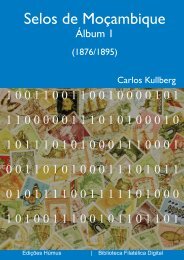dp0609 - FEP - Universidade do Porto
dp0609 - FEP - Universidade do Porto
dp0609 - FEP - Universidade do Porto
Create successful ePaper yourself
Turn your PDF publications into a flip-book with our unique Google optimized e-Paper software.
etter judge the “the true and fair view in all materially relevant aspects” of<br />
published statements. Apart from being more credible, such financial<br />
information will be more easily understood when jointly analyzed with the<br />
auditor’s opinion.<br />
Auditing reduces information asymmetries between managers and<br />
stakeholders and it can act as a monitoring device by which financial<br />
information distortions created by management can be reduced (Kinney and<br />
Martin, 1994). Auditors communicate with stakeholders through their opinion<br />
as expressed in the auditing report with the consequence that agency costs<br />
can be reduced when independent auditors are hired (Jensen and Meckling,<br />
1976; Watts and Zimmerman, 1986).<br />
A regular auditing should be undertaken by an independent, qualified<br />
and technically competent auditor so as to ensure that, to both the board and<br />
shareholders, published financial statements are a true and fair representation<br />
of the financial position and performance of the entity concerned in all<br />
materially relevant aspects (OECD, 2004, p. 22).<br />
From the standpoint of information users, modified audit reports can be<br />
interpreted as a signal of lower quality of the financial information provided.<br />
However, it is not the role of the auditor to issue an opinion about the quality<br />
of reported income, but simply whether it conforms to GAAP or not (Bradshaw<br />
et al., 2001).<br />
In comparison with lower quality ones, high quality auditors are more<br />
likely to detect questionable accounting options and to communicate their<br />
existence by issuing a qualified opinion (if managers <strong>do</strong> not make the required<br />
accounting adjustments). In Portugal modified opinions can contain either<br />
auditing “qualifications” or “emphases”, as will be explained later. Audit quality<br />
will depend to a large extent on the auditor’s independence.<br />
The independence of the auditor is in fact a requirement without which<br />
audit quality will be seriously affected. Audit quality can be defined as the joint<br />
probability of detecting and reporting materially significant accounting<br />
distortions (contingent on their existence). As such, audit quality will depend<br />
on the ability of the auditor to issue a modified opinion when accounting<br />
distortions exist and managers are not willing to incorporate the accounting<br />
adjustments suggested by auditors. Such independence will be perfect when<br />
8


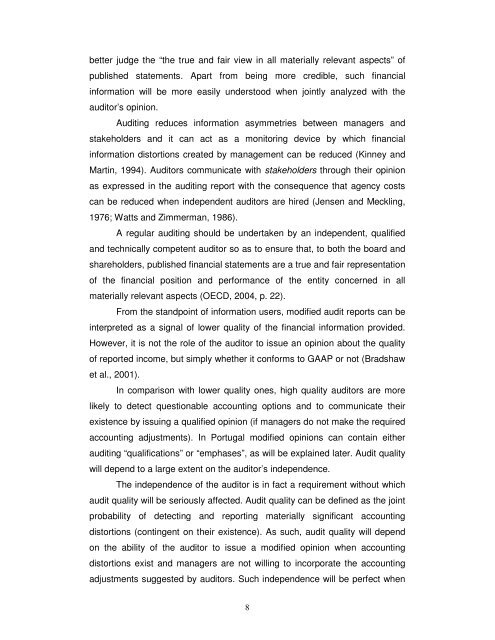
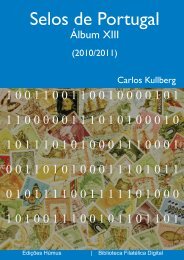
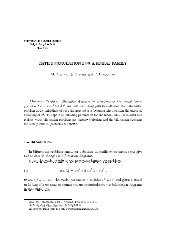
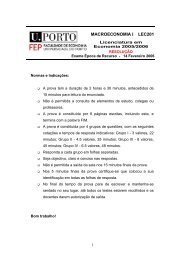
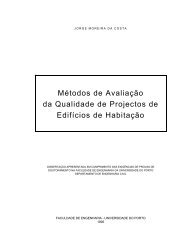
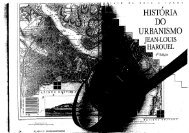
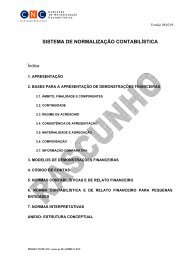
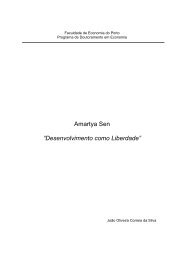
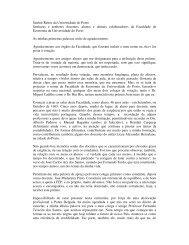
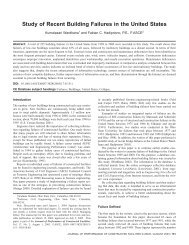
![Republica [Popular] de Moçambique. As Alterações Toponímicas e ...](https://img.yumpu.com/20789614/1/184x260/republica-popular-de-mocambique-as-alteracoes-toponimicas-e-.jpg?quality=85)


